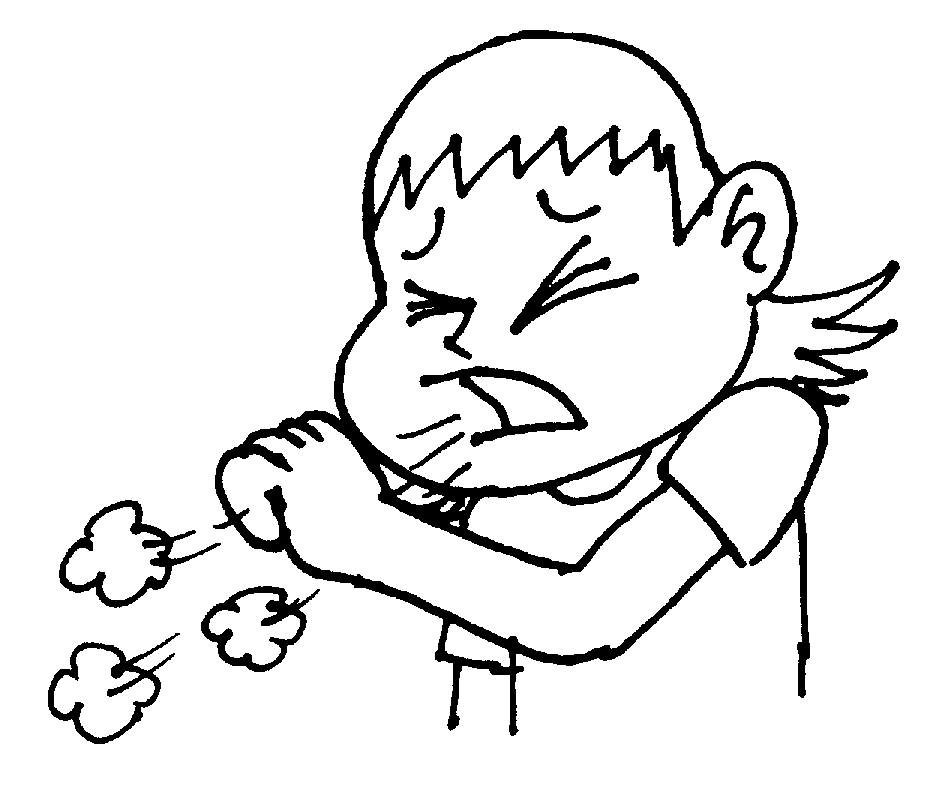
Three strains of influenza may be the reason why local drug stores are constantly stocking cold, cough and other over-the-counter medications for flu symptoms. And why Sierra View District Hospital saw a 21-percent spike in visits to the emergency department by patients with flu symptoms.
“We’ve seen an influx of patients with influenza-type symptoms asking for medicines that will help them with their symptoms,” said Scott Tuttle, pharmacist, Rite Aid Pharmacy Store on Morton Avenue. “It’s been hard trying to keep all the medicines stocked.”
Tuttle also said he had no official data but that it appeared that less people opted for flu shots, taking their chances and suffering the consequences. Medications appeared to fly off shelves at various pharmacies across town, pharmacists reported.
“it seems like in the last couple of weeks, or a month actually, we have had quite a bit of an increase in sales of cough and cold symptom over-the-counter medications as well as prescribed medications that come as a result of those symptoms,” said pharmacist Sepehr Mansuri, pharmacist at the CVS Pharmacy on East Olive Avenue.
This year, the peak of the flu season came late, said Dr. Karen Haught, Tulare County Public Health Officer.
“It’s just now peaking,” Haught said. “And there’s three strains of influenza circulating, including the 2009 H1N1 (Swine Flu) strain.”
It may have hit at a different time frame but the symptoms of the flu remain the same.“There’s a lot of flu out there but there are no real numbers to look at because it is not a condition that has to be reported,” Haught said.
Locally, clinics, hospitals and physician offices have been seeing an obvious increase in the number of patients with influenza symptoms.
At Sierra View District Hospital, the emergency department has seen a couple of spikes during the last week of February, reported Donna Davis, director of emergency services.
On Feb. 23, the number of influenza cases in the emergency department went up 9-percent. The next day, Feb. 24., the number spiked to 21-percent. The number of cases moved up and down for the next three days before rising again to 21-percent on Feb. 28.
But since then, the number of cases have been below 6-percent consistently, hospital officials said.
Kaweah Delta Lindsay Health Clinic also reported an increase of patients with flu symptoms.“We’ve seen an increase in the past three weeks,” said David Rodriguez, M.a., Kaweah Delta Lindsay Health Clinic. “I would say at least 30-percent increase in flu cases, mainly children — 30-to 50-percent of them — have been in with flu symptoms.
Most people, if they are healthy tend to get over the flu in three to four days — simply by drinking fluids and resting, Haught said.
“but people with chronic conditions, the elderly, those who are pregnant and young children are especially vulnerable. that is why it is important for them to see their physician as soon as possible,” Haught said. “There is medicine to help shorten the illness but it must be started early in the illness in order for it to work.”
And because the H1N1 virus is still here, it is crucial for younger children and pregnant women to protect themselves with flu shots, she said.
This year CDPH is recommending flu vaccine for everyone six months of age and older. Vaccine is plentiful and available throughout the state.
Free flu shots will be offered from 2 to 4 p.m. Tuesday at Lindsay Healthy Start, 475 E. Honolulu. No appoint is needed but they do not accept healthy Families Insurance or private insurance. they will accept non-insured, Medi-Cal or insurance that does not cover immunizations. a parent must be present with the child and past immunization records should be taken.
Tulare County Department of Public Health officials said they will continue to vaccinate until they no longer have a supply or until the end of the month of June, whichever comes first.Flu shots are also available at many of the pharmacies for a nominal fee.Flu-prevention tips from CDPH:
To stop the spread of flu and other respiratory illnesses, Californians should:- Stay home when sick. Limiting contact limits the spread of disease.
- Cover your cough or sneeze. By using your elbow or a tissue and properly disposing of the used tissue, a person reduces the spread of disease.
- Wash hands thoroughly. Using soap and warm water or an alcohol-based hand sanitizer, and avoiding contact with your eyes, nose and mouth, limits disease.
- Stay healthy. Everyone benefits from eating a balanced diet, drinking plenty of water, not smoking, and getting adequate rest and exercise.